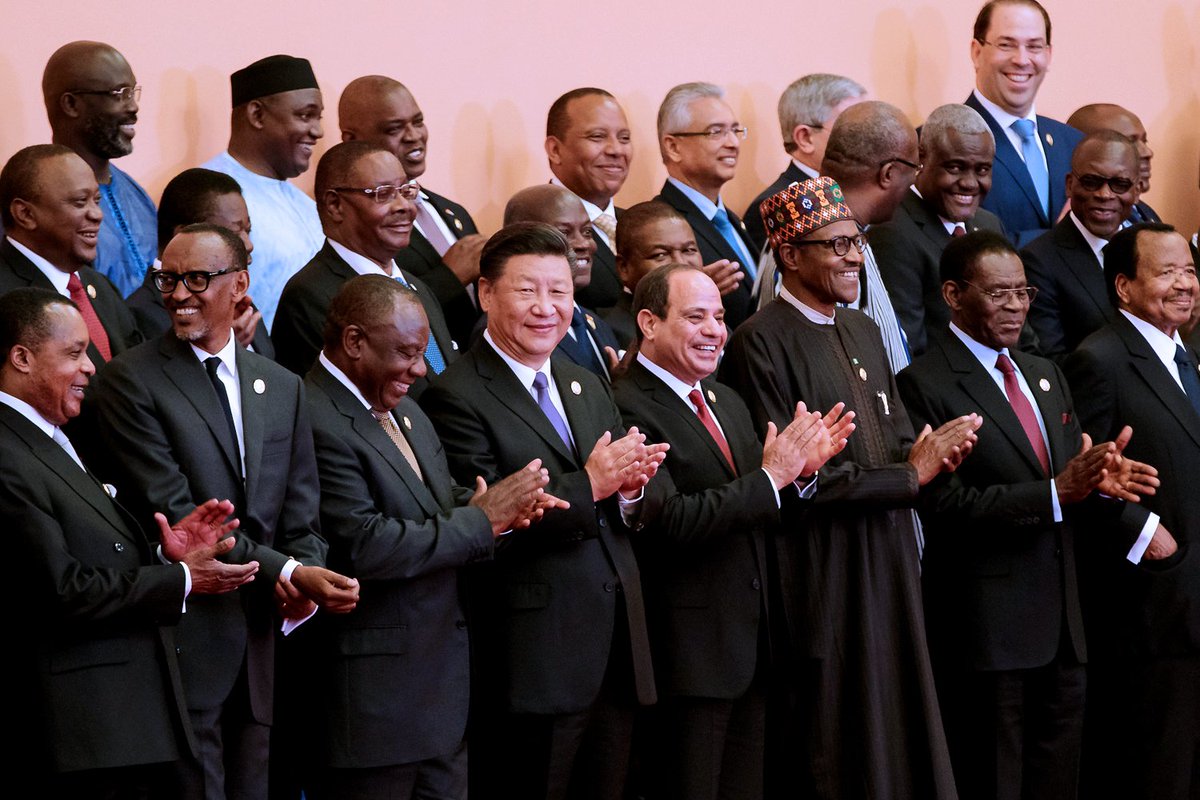By Alkali Amana
On March 5, 2020, South Africa became one of the earliest African countries to report a confirmed case of the Coronavirus which in its relative novelty at the time struck fear in the minds of individuals and nations worldwide. Data provided by the World Health Organization (WHO) shows that South Africa since its first case of Coronavirus was confirmed, has been named the country with the highest recorded number of total cases and reported deaths in Africa. In the wake of the pandemic and enforcement of a strict lockdown, the executive declared a ‘State of Disaster’. Another arm of government which has played a vital role as expected in the performance of its function, given its position in governance, in the fight against the virus is the South African Parliament.
Resident in Cape Town, the South African Parliament, like every other Parliament recognized by law, serves three primary functions:
- Law-making
- Oversight; and
- Representation
In carrying out the listed functions above, laid rules and procedures would require Members of Parliament to physically assemble or meet at the Parliament building, or in the chamber, for plenary sessions and other functions such as when they meet in committee rooms during deliberative committee meetings. This conventional understanding defies the use and implementation of preventive measures recommended by the World Health Organization and other international and national agencies in combating the global pandemic which has raged on for months on end so far.
It is in this light that, impressively, the first act of the South African Parliament in response to the pandemic was to protect itself to ensure its safety and continuance in the performance of functions which, without doubt, would prove crucial in the fight against the virus. Realizing that the pandemic would severely disrupt Parliamentary programmes and activities, a special meeting between Presiding Officers and, Chief Whips and Party Representatives was convened to look into devising immediate interventions in line with the President’s announcement of a national ‘State of Disaster’.
The meeting yielded the result of screening Members of Parliament for possible exposure to the Coronavirus, installation of hand sanitizers within the Parliament’s premises, the availability of an on-site medical team for screening and testing, alongside the penultimate decision to suspend the operations of Parliament until whenever it was safe to resume physically.
Noting the impact of the South African Parliament in an article titled ‘Fighting Against The COVID-19 Pandemic: The Case of South Africa’, published on Parlnet.org, the role of Parliament was explained thus –
“Members of Parliament are very active in the oversight of lockdown implementation, awareness, responses to public queries, funding and raising funds for personal protective equipment, distributing food hampers and taking salary cuts. The Parliament has been processing Covid 19 legislation and policies such as the Disaster Management Act Emergency regulations, health regulations and social grants. Also, parliamentarians have reached a significant overhaul of budget…”
From late April, a month after the virus was confirmed, the South African Parliament put in place specific visible measures to help in the combat against the virus. Some innovative steps and concrete actions were taken by the Parliament include:
- Amending necessary rules to enable both Houses of Parliament – the National Assembly and the National Council of Provinces and the respective committees inaugurated by Parliament to operate remotely.
- Evolving, the Parliament re-opened its proceedings through an organized e-parliament system by implementing the use of virtual meetings as a means of communication. In this regard, guidelines for virtual meetings were created to help MPs set up their gadgets or hardware to connect to these meetings.
Upon resumption, the Parliament put out ‘A Statement Issued by the Presiding Officers’, where it stated that “The constitution requires the parliament to scrutinize and oversee Executive action, to pass legislation, to provide a forum for public consideration of issues and to facilitate public involvement in its legislative and other processes…”
- Certain committees were created with the intent of monitoring the government’s response to the virus and its implementation of social distancing restrictions under the National State of Disaster Act. Priority was given to these committees in the Parliamentary virtual proceedings. These meetings held through MS Teams platforms were broadcast live on Parliament TV Channel, Youtube and social media platforms such as Twitter, all in a bid to keep the citizens informed and abreast with current happenings.
- A virtual plenary sitting of the National Council of Provinces was convened to process the Division of Revenue Bill, following its adoption by the National Assembly. This was to enable the distribution of funds to all spheres of government, part of which was intended for the use of the fight against the pandemic. The same bill was passed by President Cyril Ramaphosa on June 21 2020, commencing operations June 23 2020.
The Parliament in July invited the Health Minister to plenary to brief and present to them the response of his department to the pandemic. The action was taken in a bid to evaluate the country’s situation at that particular point in time and to know the way forward in tackling the virus while holding the minister of Health accountable to his function to the government of South Africa.
Other significant acts of Parliament were to introduce specific tax laws, as follows:
- The Disaster Management Tax Relief Bill, 2020.
- The Disaster Management Tax Relief Administration Bill, 2020.
Both laws were introduced on June 24 2020, and they provided for tax measures to assist with alleviating cash flow burdens on tax compliant small to medium-sized businesses arising as a result of the Covid 19 pandemic and lockdown. As a result of this, the Tax relief measures introduced include a delay of remittances of:
- The ‘Pay as You Earn’ (PAYE), without triggering penalties or interest
- A delay in the remittances of provisional payments of income tax, without triggering penalties or interest; and
- An acceleration of specific employment tax incentives.
Today, even as marked improvements are seen worldwide in the fight against the Coronavirus pandemic, the South African Parliament remains at the forefront of the battle in the country. The swift measures they took ab initio as it concerned the safety of Parliament and introducing other innovations to help monitor and assist the activities of the government in executing its function while curtailing the virus heavily is commendable.
Undoubtedly, the Parliament has played a vital role in the combat against the Covid 19 virus in South Africa. The number of COVID 19 infections within the country is on a steady decline presently. In the fight against the contagious enemy, the South African Parliament has led from the front.


